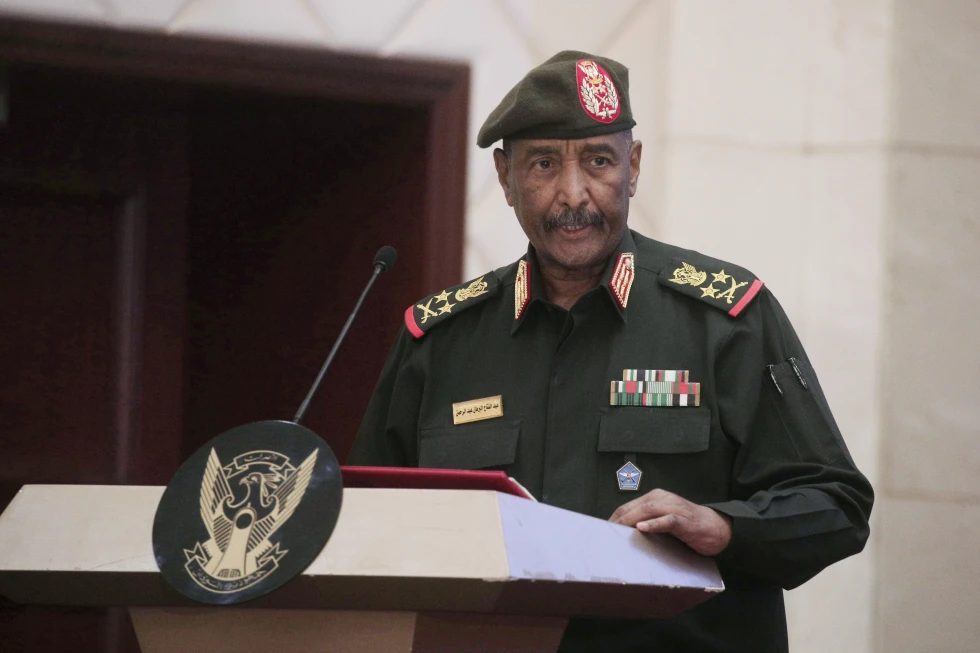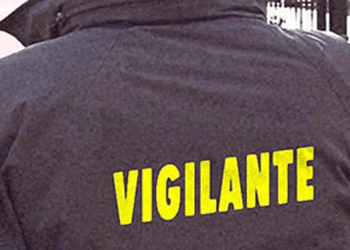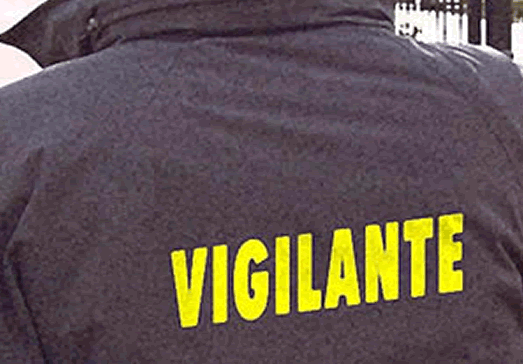US sanctions against Sudan are set to take effect within days, pending formal publication in the Federal Register, according to a spokesperson from the State Department. The move follows allegations that Sudan’s armed forces deployed chemical weapons in their ongoing conflict with the paramilitary Rapid Support Forces (RSF).
“The sanctions will enter into force immediately upon the publication of the notice in the Federal Register,” the spokesperson said in a statement, adding that publication is expected “within the coming days.”
The sanctions, announced on May 22, include restrictions on US exports to Sudan and limits on the country’s access to credit facilities. Washington had initially scheduled the sanctions to become effective on June 6, two weeks after notifying Congress.
The Sudanese government has vehemently denied the accusations. Since war erupted in April 2023 between the army and the RSF, government officials have rejected claims of chemical weapons usage. Nonetheless, Sudanese leader General Abdel Fattah al-Burhan, who heads the Sovereignty Council and commands the army, ordered the formation of a committee on May 29 to investigate the matter.

Meanwhile, the RSF alleges that the army had used chemical weapons in at least 11 separate incidents across the country. The areas cited include the states of Sennar, Al Jazirah, Khartoum, and North Darfur. The group claims it has informed the United Nations about these incidents.
Allegations of chemical weapons use gained traction earlier this year when a January report detailed purported attacks by Sudan’s army involving toxic agents. The seriousness of the charges has prompted both international scrutiny and debate over enforcement mechanisms under global arms control agreements.
Global Treaty Under Pressure From Violations
The use of chemical weapons is strictly prohibited under the Chemical Weapons Convention (CWC), an international treaty that came into force on April 29, 1997. The treaty bans the development, production, stockpiling, and use of chemical weapons. It also requires member states to destroy their existing arsenals under strict monitoring by the Organisation for the Prohibition of Chemical Weapons (OPCW), headquartered in The Hague.
The CWC categorizes toxic substances into three schedules based on their potential for weaponization. Although certain chemicals, such as chlorine gas and white phosphorus, are not fully banned due to their legitimate industrial and military uses, their deployment as weapons is explicitly forbidden.
Currently, 193 countries are parties to the CWC, making it one of the most widely ratified disarmament treaties in history. Notably absent from the treaty are a few states, including Egypt, North Korea, and South Sudan. Others, such as Syria, joined under international pressure after credible reports of chemical weapons use during its civil conflict.
The CWC builds upon earlier bans, particularly the 1925 Geneva Protocol, which outlawed chemical and biological weapons use in warfare. However, the Geneva Protocol did not address production or stockpiling, gaps that the CWC aimed to close.
Despite these efforts, enforcement of the treaty remains an ongoing challenge. Incidents in Syria, Iran, and Ukraine have tested the treaty’s effectiveness, raising concerns over the global community’s ability to uphold prohibitions and hold violators accountable.
As such, the Chemical Weapons Convention stands as a major international commitment to eliminating these inhumane weapons. Yet the Sudan case, like others before it, reveals that enforcement remains a fragile endeavor — dependent on political will, transparent investigations, and coordinated global action.
READ ALSO: Mahama Overstepped In NCA Shutdown Dispute- Afenyo-Markin



















